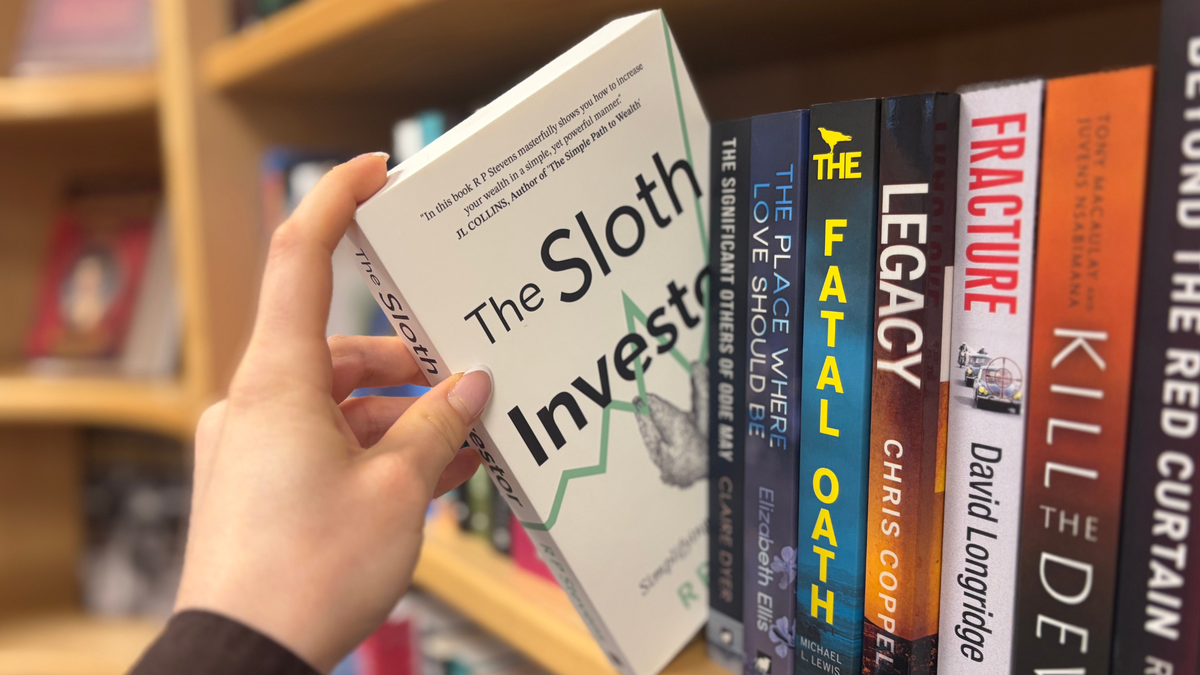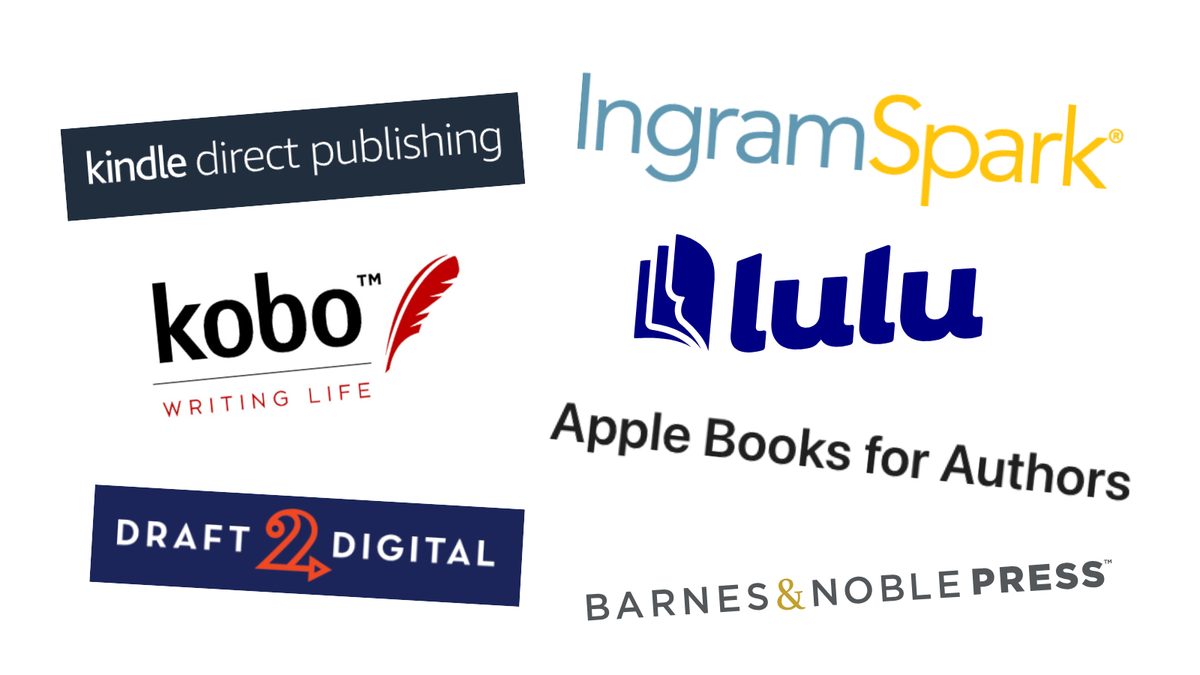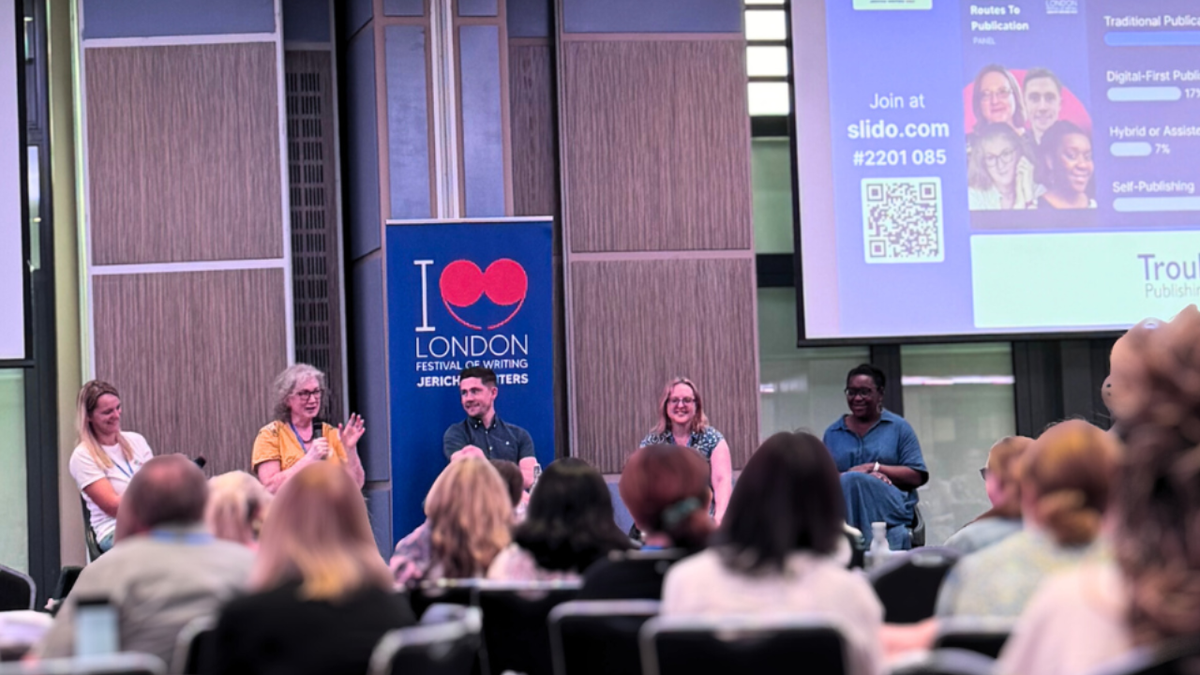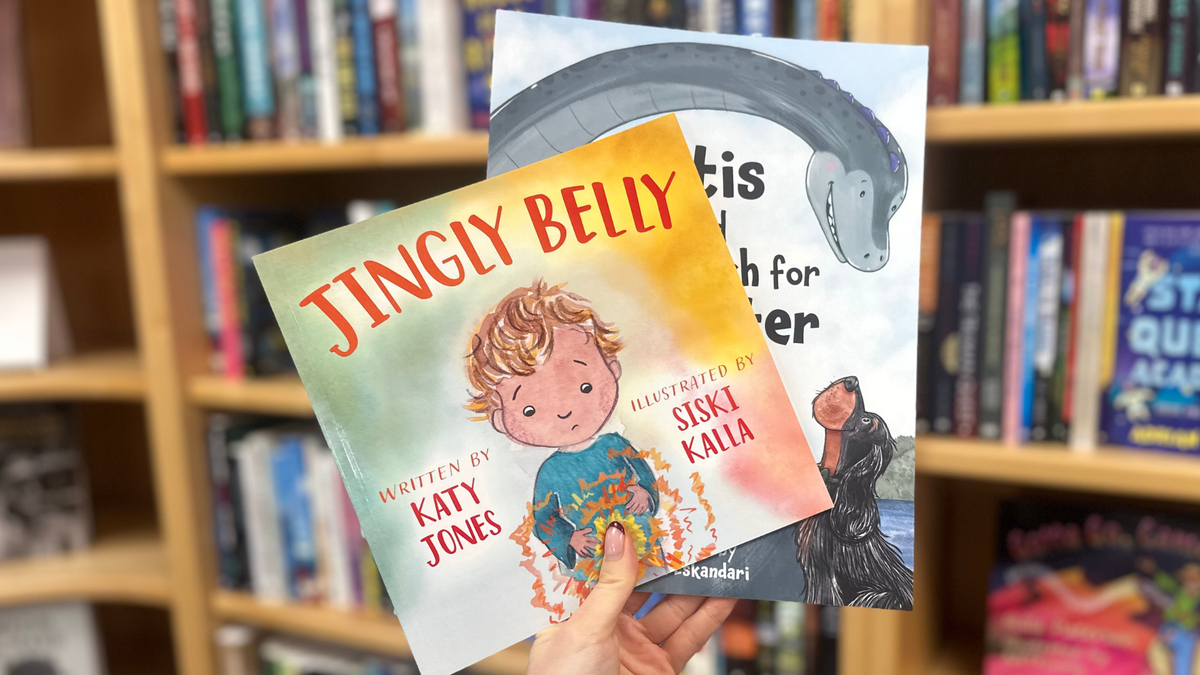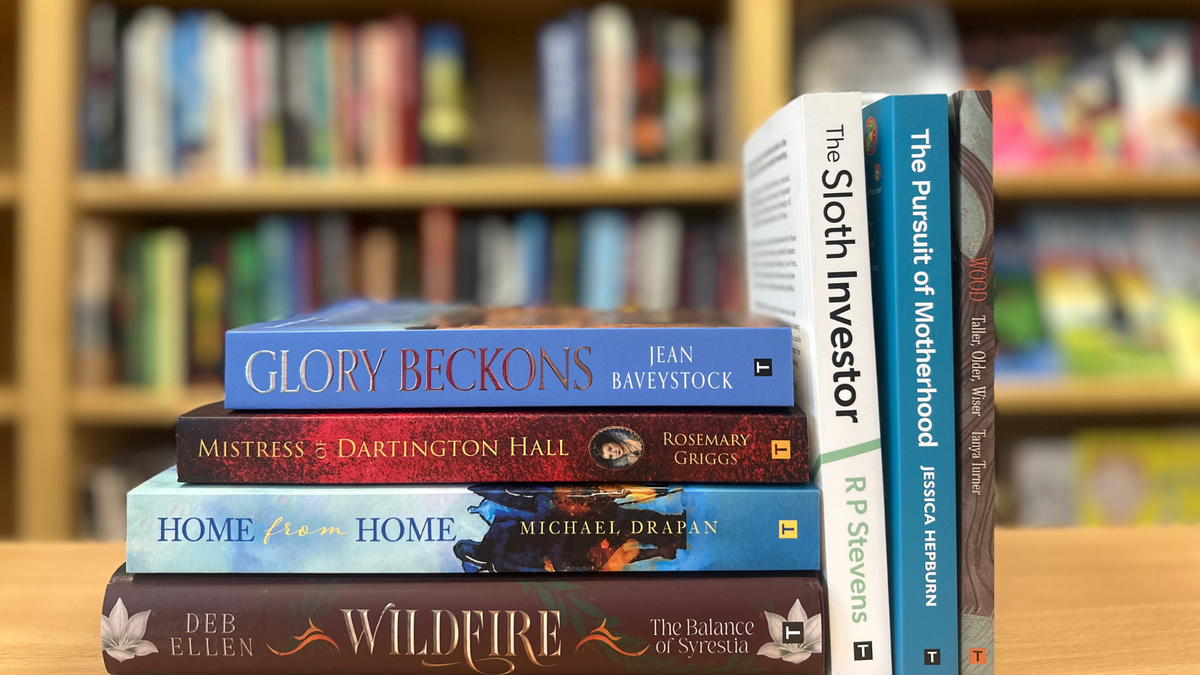
2nd November, 2022
5 min read
NaNoWriMo and writing your novel
Written by:
Jane Rowland
What is NaNoWriMo – or National Novel Writing Month?
November is NaNoWriMo – or National Novel Writing Month – where writers are challenged to write a complete first draft of a 50,000-word novel in 30 days. This equates to writing around 1667 words per day to complete the word count by the end of the challenge at 11:59 PM on 30th November 2023. In 2022 over 413 295 writers worldwide took up the challenge and for many who are participating, NaNoWriMo is all about motivation – having a writing goal – alongside accountability to a community of fellow writers who are undertaking the challenge at the same time to help keep that goal on track. And talking of goals, the NaNoWriMo website indicated that over 51,680 of the writers that signed up met their goals by taking part. NaNoWriMo is actually a non-profit organization whose mission is to ‘encourage people to find their voices, achieve creative goals, and build new worlds – on and off the page’ but the crucial thing about NaNoWriMo is it’s not necessarily about having a finished book or having met the word count at the end of the month, it’s about getting the words and ideas down on the page and finding a creative voice. While NaNoWriMo sets a challenge of writing 50,000 words in one month, the average novel has 70000 to 120000 words so whether taking part in a writing challenge such as National Novel Writing Month or not, the process of getting words on the page is the starting point for any novel. And getting started can often be the hardest part.
 Getting started writing your novel
Getting started writing your novel
So, with that in mind, what lessons can we take away from the idea of NaNoWriMo and beginning your own writing project? Here are our top tips.
- Plan. Research conducted by NaNoWriMo on participants who had reached their target of 50,000 words in one month found that those most likely to succeed had done some pre-planning for the novel before the challenge started. There are few writers who can sit down to a blank screen and work out the story as they go. Whether it is a brief outline, a detailed chapter-by-chapter plan for the whole book or a character map, having some idea of where you are going next with the book before you start can kickstart your first few chapters while keeping the writing momentum going if you hit a story block.
- Accountability. Psychologically it’s well understood that being held accountable for a goal makes us more likely to attain it. NaNoWriMo brings a community together to cheer each other on during November, but just interacting with fellow writers, sharing your progress with family and friends or on social media and announcing your intent to write out loud to others helps keep you accountable to the goal you set. Attending writing events (such as the Self-Publishing Conference or joining a writing group can all reward you with the chance to interact with others on the same path as you.
- Write. It sounds so obvious, but there comes a point when you have to stop planning, researching, mapping out or simply thinking about writing and actually start to write. NaNoWriMo can be a great entry point as it challenges you to get words out of your head and onto the page – but there are many proven productivity methods (often used in business and education) that can work well when you are not sure where to start. Are you likely to prevaricate and delay the actual writing by letting yourself focus on ‘easier’ tasks first? Then try the ‘Eat the Frog’ method and prioritise getting the writing done before you get side-tracked by other tasks. Or concentrate on getting words on the page with the Pomodoro technique – setting a time limit of 25 minutes of intense writing, stopping, and taking a 5-minute break before repeating twice more. Simple goal setting – breaking down bigger goals into smaller more achievable goals can be more motivating – for NaNoWriMo, the goal is 50,000 words in 30 days (or 1667 words per day), but there are likely to be days when you simply cannot write, so would a weekly word count rather than a daily goal work better for you? Or one chapter per 4 days etc?
Since its launch in 1999 NaNoWriMo has seen many changes in technology around writing and publishing. In 2023 they are issuing guidelines about the use of AI (Artificial intelligence) for those writers considering taking part... so is using AI to write or draft your book cheating? This is a big question, currently hotly debated by publishers, author organisations and booksellers – and one we will return to on the blog. For NaNoWriMo however the point of the scheme is to get people writing, so AI is not outlawed in this context, however, they do encourage you to consider if using AI would defeat the point of the challenge.
Your Next Steps in Writing
Whether you are taking part in NaNoWriMo this November or simply now setting an intention to write more, here are our final tips for a successful month of writing:
- If you already know you want to be a published writer and publish the book once written, then give serious thought to – and keep in mind – the future readership and market of your book right from the start. Great publishing might start with a good book but knowing the market and being able to engage with that audience are a crucial part of the post-writing experience.
- Remember typing ‘The End’ is definitely not the end. This is the first draft. To be ready for submission or publication, you will need to revise and redraft. You’ll want to get some beta readers involved and revisit the manuscript with fresh eyes to make it the very best it can be. Rushing a book into print is never a good idea. No matter how euphoric you are about having finished the book, spending time editing it before you move forward with submission or publication can only enhance the results.
- Fully utilise all the tools within your chosen software to make sure you are picking up on the typos and grammar errors as you go, this means for future redrafts and edits you can focus on the words and how the story flows, rather than being distracted by spelling errors. It’s amazing how many manuscripts are submitted to publishers that could have been done with a final check by the author. Consciously dedicating your spare time to writing during a set period can really help improve your writing discipline and make it a habit, which is useful for all those times you catch yourself thinking that you are too busy tired or distracted to write.
Research has shown that simply taking part in challenges such as NaNoWriMo results in high levels of satisfaction – so it does not have to be about finishing but about starting and getting those words out of your head and onto the page. And once you have completed your novel, then why not look – as a next step – at publishing it with Troubador?

